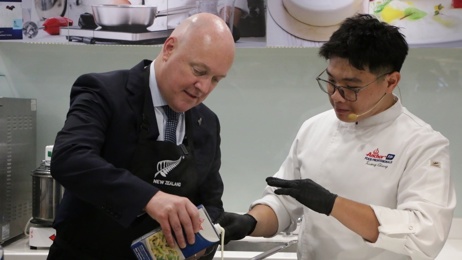At the other extreme are HSPs, known as orchids (31 per cent) who score higher in neuroticism and emotional reactivity and are more introverted. Tulips (40 per cent) fall somewhere in between.
I would argue our school system is almost exclusively set up to meet the needs of dandelions and tulips. If you are an orchid, school can be bruising and crushing. But it doesn't have to be that way.
Because HSPs are not only more sensitive to the negative effects of adverse experiences, but also more sensitive to the benefits of positive environmental exposures, that is, "they do exceptionally well in ideal conditions and exceptionally badly in poor ones."
What the dandelion study suggests is that it's not the actual genetic susceptibility that is an impediment but the critical attitudes that go along with it. Feeling isolated, like an outsider, and as though there is something inherently "wrong" with you may be more damaging than the deficits in functioning experienced by HSPs, such as needing more time for transitions or not shining at public speaking.
Orchids can blossom beautifully if they are nurtured. In one example working with children and adolescents, the highly sensitive benefited from interventions to reduce depression symptoms, whereas those on the bottom of the sensitivity scale (dandelions) showed no difference.
Even more importantly, there is the life-changing power of being validated and seen and accepted as you are.
It is hard not to conclude there is a great deal of valuable human capital and untapped talent and productivity going to waste because we try to force everyone to fit the average, to be "normies" and in the business world we have companies with hiring procedures that carry on this approach.
Enlightened companies are already realising this and are exploring neurodiversity.
An essay in the Harvard Business Review has argued programmes to look for these non neurotypical candidates can offer a competitive advantage for companies. Enlightened companies like technology firm SAP which have set up programmes to hire people on the autism spectrum, say the initial results are very encouraging.
Internationally, there has also been a growing movement to stand up for introverts, known as the Quiet Revolution, set off by Susan Cain's 2012 book Quiet: The power of introverts in a world that can't stop talking.
What would a culture that valued HSPs look like if that happened here? I don't know exactly, but it could be exciting. We are a small and progressive country and we could become a leader in this new revolution. We've got so many working groups already, maybe Jacinda could set up another one to investigate it? I'd join. As long as there are no meetings and I can contribute from my meditation nook.










